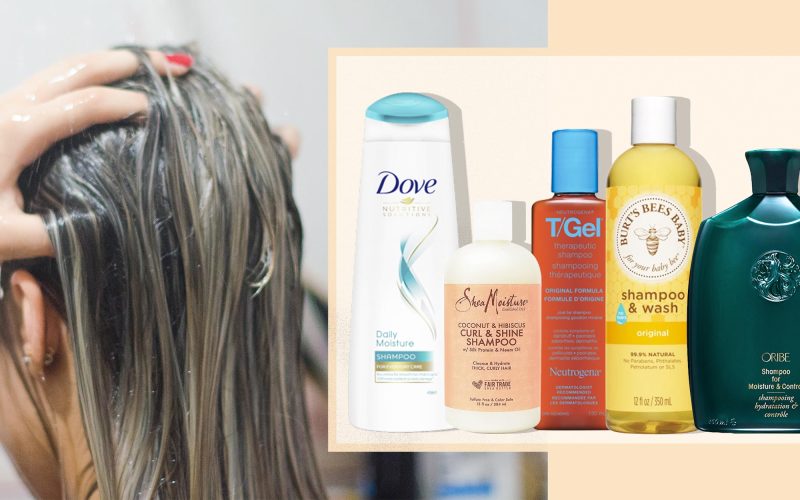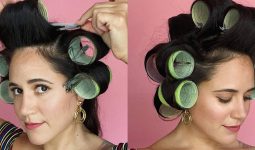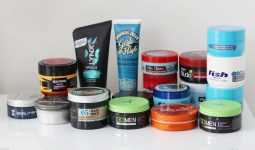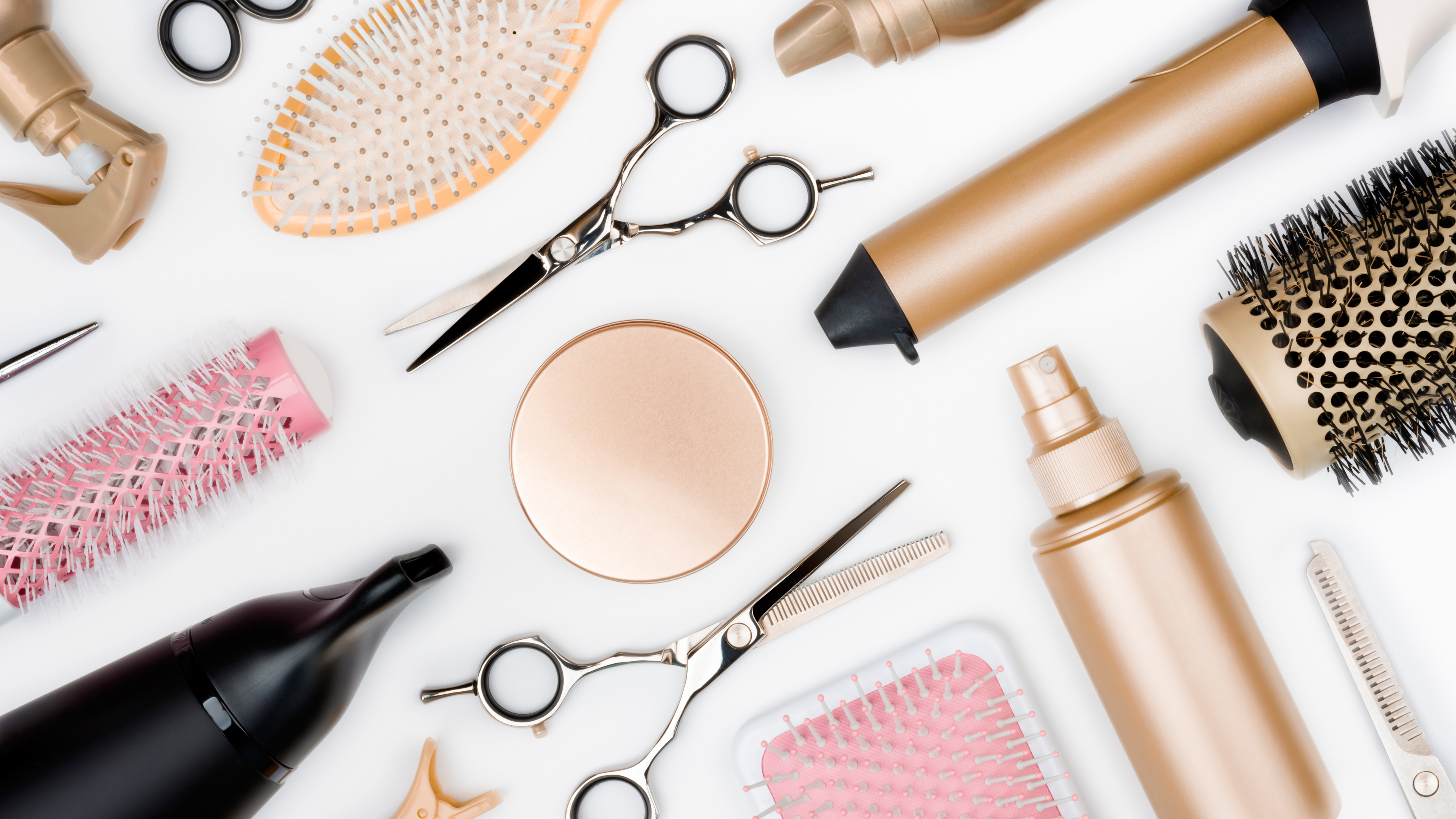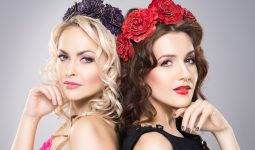We all have distinct hair kinds that cause us different problems. We also have different sorts of scalps, so it’s critical to understand the different types of shampoo available.
Shampoos, the most popular hair-washing formulas, have existed for over a century. While this foamy substance is most commonly used to clean hair, it can also be utilized for various other purposes.
Did you know that you can use shampoo to clean your dishes? Shampoo can also remove concealed debris and makeup remnants from makeup brushes.
Furthermore, the ultimate hair care product can also be used to clean hairbrushes.
Instead of traveling to an expensive salon for a manicure, people can bathe their hands in a dish filled with shampoo and warm water.
In addition, Shampoos for oily hair should not be used on those with dry hair and vice versa. A shampoo developed for straight hair will also be ineffective if curly or coily hair.
To fix your hair problems and attain healthy, lustrous hair, you’ll need to know everything about shampoo.
Learn about the many different types of shampoo that have been around for over a century and the many diverse ways they can be used besides cleaning hair.
This site discusses several sorts of shampoo so interested readers can continue reading.
1. Everyday Shampoo
This is a daily shampoo for folks with no special hair requirements. It is gentle and includes only a small amount of cleaning chemicals.
Regular shampoos are one type of shampoo appropriate for all hair types. Furthermore, Shampoos for everyday use are typically made with powerful cleansing agents that maintain hair hydrated, healthy, and lustrous.
They’re also soap and alkaline-free, making them suitable for everyday usage.
Whether you have dandruff, oily hair, a sensitive/ itchy scalp, or scalp psoriasis, regular shampoos can help address these hair problems while locking in moisture and adding volume.
2. Shampoo
Clarifying shampoo is similar to regular shampoo, except it is much more potent. This comprises 80 to 90% water, just as a regular hair cleanser.
The standout feature is the active components, essentially heavy surfactants—soapy substances that assist your hair in getting rid of undesirable residue, grease, and pollutants.
In addition, remember that clarifying shampoo should only be used once or twice a week. It can be used in the same way as any other ordinary shampoo.
Apply a tiny quantity on your damp scalp in the palm of your hand. Massage the product until it forms a good lather. Allow it to sit in your hair for 30 seconds before rinsing it and applying a conditioner.
3. Volumizing Shampoo
As the name implies, Volumizing shampoos are designed to add volume to thin, dry hair. This shampoo is necessary for people with thin hair who are prone to hair loss and breaking.
On the other hand, Volumizing shampoos are handy during the winter, when dry weather causes hair to become flat and lifeless.
Furthermore, Volumizing shampoos are made with a lighter mix that won’t weigh down your hair. Once it has dried, massage the shampoo into your scalp to help give volume to your hair.
Applying conditioner to your scalp will cause your roots to become greasy and flat. Also, while the conditioner is on, comb your hair.
This will help detangle your hair and, ultimately, prevent it from breaking. The less hair that falls out, the less hair thinning.
4. Strengthening Shampoo
The primary purpose of strengthening shampoos is stated right in the name. These shampoos don’t prevent hair loss but make hair strands more assertive and less prone to breakage. This shampoo can be used on any hair.
5. Sulfate-free Shampoo
You may not realize it, but sulfates are one of the types of surfactants that aid in removing dirt and dead skin cells from your skin.
However, they remove natural oils from your scalp and hair, which is a disadvantage. As a result, your hair becomes dry and brittle.
If your scalp is susceptible, it can also cause redness, dryness, and itching. This is when different types of shampoo, especially sulfate-free shampoos, come in handy. People with sensitive skin should use sulfate-free shampoo to keep their skin healthy.
Sulfate-based shampoos should also be avoided by people with colored or kinky, curly hair since they can be harsh cleansers.
6. Oily Hair Shampoo
Oily hair can be a significant pain for some people. They have no choice but to wash their hair daily to eliminate the oily scalp!
Touching your hair too much, a lack of moisture, overwashing and overconditioning, using the wrong products and dirty hairbrushes, and brushing your hair too often are all factors that contribute to an oily scalp.
In addition, this is one of the different types of shampoo for high-quality oily hair, which could be your savior if your hair is prone to excessive oil.
These shampoos are similar to clarifying shampoos in that they remove oil from the scalp.
Oily hair shampoos do not deplete your hair of its natural oils, unlike clarifying shampoos. Choose hair shampoos that contain salicylic acid, as this chemical aids in removing dead cells and treating dandruff.
7. Dry Shampoo
Dry shampoos are just what their name implies: they’re dry. They function the same way as any other hair spray: lightly spray it on the roots and ends of your hair, comb it through well, and voila!
The shampoo absorbs sebum from your hair roots immediately, leaving your hair looking and smelling better than ever.
In addition, dry shampoos are great for cleaning your hair and making it smell nice, but they also have a lot of other benefits. These shampoos, for example, can give volume to your hair, making it appear as if you just blew it dry.
Dry shampoos also give your hair structure, which can help you create stylish hairstyles like a sloppy bun or braid. They save a lot of time.
8. Hydrating Shampoo
The absence of moisture in the scalp is the primary cause of dry and brittle hair in certain persons. Hair oil produced by the scalp is insufficient to help seal in moisture in the hair.
As you age, your scalp produces less oil, exacerbating the problem. Dandruff on your shoulders is caused by a dry scalp, which also causes the hair to dry out.
Weak cuticles in dry hair fail to retain moisture in your hair together and protect it from heat and other environmental harm.
9. Colored- Hair Shampoo
Colored hair suffers from various issues, including dry and brittle locks, color fading, and lack of hydration.
It is usually recommended that such people use shampoos explicitly created for colored hair, as this helps eliminate all the problems associated with chemically treated hair.
Unlike regular shampoos, the color-preserving shampoo contains chemicals that do not strip hair of its beautiful color. This aids in the long-term preservation of hair color.
10. Organic Shampoo
Most OTC shampoos are chemically made, combining harsh and mild components. These shampoos, including toxic chemicals like paraben, silicone, and sulfate, might injure your scalp, especially if you have sensitive skin.
However, Organic shampoos are a better and safer alternative to chemical-based shampoos. These shampoos are made entirely of essential oils and organic plants and are, therefore, kinder and safer than synthetic shampoo.
11. Medicated Shampoo
Medicated shampoos are used to treat irritation and scaling. However, they are also one of the different types of shampoo that can aid in treating fungal or bacterial infections.
Many patients seek guidance on managing scalp disorders such as itching and dandruff, which can be addressed with medicated shampoos.
The best options are shampoos with pyrithione zinc, salicylic acid, or ketoconazole. These compounds are included in medicated shampoos to assist in managing scalp buildup, a common cause of excessive dandruff and itchy scalp.
12. 2-in-1 shampoo
This is one of the different types of shampoo that appears to be popular with those on the go because it provides thorough cleaning and some conditioning benefits.
Curly or wavy hair, however, might still be dried out. So use it with caution




